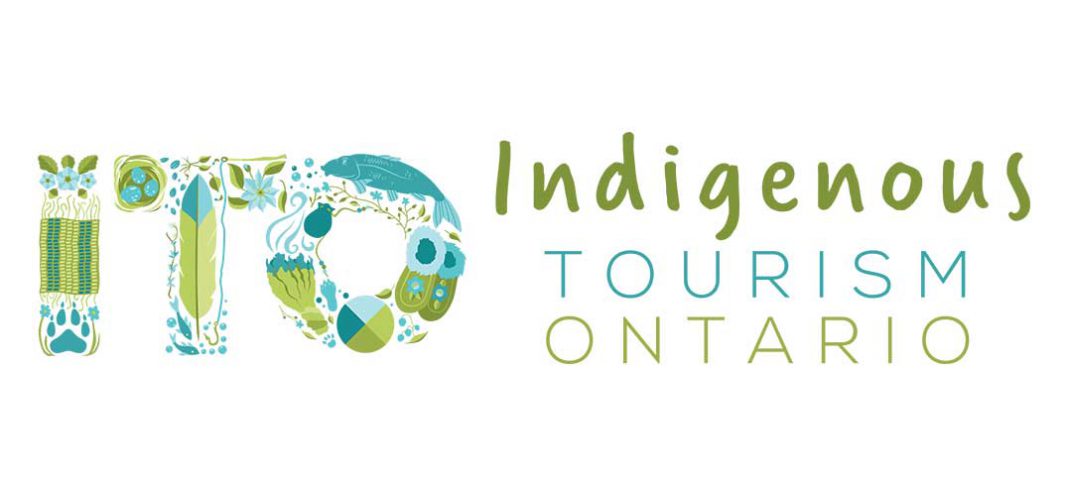AUNDECK OMNI KANING – A groundbreaking new Northern Ontario Indigenous Food Tourism Strategy is being led by Indigenous Tourism Ontario (ITO) in partnership with Destination Northern Ontario and the Indigenous Tourism Association of Canada and in close consultation with Indigenous stakeholders across Northern Ontario. The move reflects the partners’ belief that Ontario’s Indigenous tourism industry is an important voice that needs to be supported for Ontario to remain at the forefront of Canada’s Indigenous tourism industry. The strategy development process is being led by Culinary Tourism Alliance.
“Telling the Indigenous story through Indigenous food tourism is critical to meeting market demands for authentic Indigenous experiences in Northern Ontario,” said Kevin Eshkawkogan, executive director of ITO in a press release. “ITO and its partners are helping the industry get structured in a manner that will allow for Indigenous tourism communities to tell their story on their terms while meeting market demands. Our work will compliment and advance the Indigenous, provincial and national tourism agendas,”
“We have always known that Ontario’s Indigenous tourism industry has been leading the way and having the greatest impact on both provincial and national Indigenous tourism growth,” Mr. Eshkawkogan continued. “Northern Ontario is a huge contributor to that impact and growth. We have also known that this industry needs the proper support and commitment to help our communities both benefit from, and contribute further to, our collective economy.”
Mr. Eshkawkogan’s statements are backed by the Indigenous Tourism Association of Canada’s (ITAC) recent National Insights Study completed by the Conference Board of Canada. The report indicates that Ontario leads the way in jobs and GDP, employing 53 percent (12,924 jobs) of Canada’s Indigenous tourism sector while having a direct economic impact on Ontario’s GDP of $622.1 million. Ontario Indigenous tourism operators are responsible for over 35 percent of the $1.7 billion contribution to the national GDP. Indigenous tourism has shown rapid growth by increasing by 23.2 percent between 2014 and 2017, surpassing Canada’s overall tourism activity growth by 8.7 percent.
“Indigenous Tourism Ontario plays a critical role to the future of Indigenous tourism marketing and development in Ontario,” said Marty Kalagian, president of Destination Northern Ontario.
“Ontario offers Canada’s largest number of Indigenous tourism businesses, jobs and revenues,” added Keith Henry, president and CEO of the Indigenous Tourism Association of Canada. “The importance of having a clear vision to meet domestic and international demand is critical to the future. Indigenous Tourism Association of Canada is proud to work with Indigenous Tourism Ontario to increase opportunities.”
Mr. Eshkawkogan said ITO is well aligned, positioned and ready to support Ontario’s Indigenous food tourism industry in an effective and efficient manner. The outcome of this project, he said, will be to provide concrete action items and strategies for supporting and growing Indigenous food tourism development in Northern Ontario. ITO will use the research to further shape its organizational strategy moving forward. By aligning and collaborating with partners, ITO intends to effectively and efficiently grow the visitor economy.
The strategy will address the identified supports that Indigenous communities and businesses expressed in Ontario’s Indigenous Tourism Landscape (2019). Similarly, as part of developing a strong business case for Indigenous food tourism, some broad challenges need to be overcome through creative partnerships and collaboration, including: accessing funding and financial support for enhancing and developing experiences; attracting visitors to remote and isolated locations; celebrating Indigenous foodways in the face of ongoing food insecurity issues; ensuring authenticity and respect for diversity, including adequate representation; managing pre-established notions and visitor perceptions of an “Indigenous” experience; educating visitors on cultural sensitivities and the reality of cultural evolution of contemporary Indigenous cultures; and efficiently getting to a marketable number of market-ready products and experiences.
Mr. Eshkawkogan said that ITO feels the development of Northern Ontario’s Indigenous food tourism landscape is contingent upon Indigenous Peoples being the narrators of their own food traditions and protocols, in accordance with the UN Declaration on the Rights of Indigenous Peoples and the 2015 Truth and Reconciliation Commission Calls to Action. While ITO believes that the development of food tourism can allow Indigenous Peoples an opportunity to protect, share and celebrate their foodways, Indigenous Peoples and communities should follow nation-based and locally-established protocols to determine what aspects of their food they can and will share with visitors. To begin this process, ITO is sharing this position paper to provide further guidance to the collective industry about the Indigenous Food Tourism Industry.
Indigenous Tourism Ontario (ITO) is a provincial non-profit and membership association which focuses on creating, aligning and forming partnerships among businesses, associations, organizations, government departments and industry leaders from across Ontario and Canada to support the growth of Indigenous tourism in Ontario and Canada while addressing the demand for development and marketing of authentic Indigenous experiences. ITO has an established membership process that enables Indigenous tourism industry partners to engage with and show support for Indigenous tourism.




